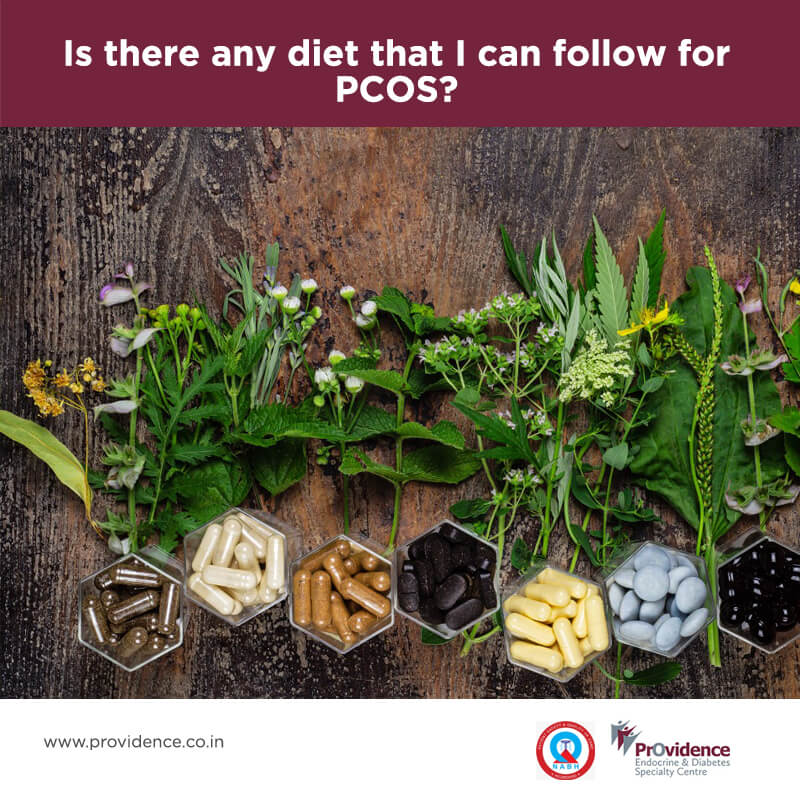Many metabolic abnormalities and menstrual periods improve when women with PCOS lose weight. We recommend that every woman with PCOS consult a nutritionist and follow a healthy, individualized, and tailored diet.
There is no one-size-fits-all diet. The quantity and frequency of the recommended foods is very much individualized and must consider age, body weight, allergies, gastric issues, lifestyle diseases, and other diseases that the person may have.
Overweight women and individuals with marked signs of insulin resistance will benefit from a calorie-restricted diet. A weight loss of more than 10 % should be targeted. Weight loss will reduce inflammation and improve glucose metabolism.
Including non-starchy vegetables (green leafy vegetables, Brussel sprouts, cucumber, mushrooms, tomato, turnips, zucchini), and fruits (melons, oranges, grapefruit, peaches, plums, strawberries, cherries, pear, lemons), whole grains and legumes(red lentils, beans, soy, peas), omega-3 fatty acid rich fish (sardine, salmon, tuna) and nuts and seeds (olive oil, walnuts, almonds, pumpkin seeds, sunflower seeds, sesame seeds), lean meat and low-fat dairy products (yoghurt, cottage cheese, buttermilk) are found to be beneficial in women with PCOS.
Reducing the frequency of red meat, oily, high-sugar, processed, and ready-to-eat foods will help improve PCOS.
Research has shown that dietary changes under professional supervision can achieve results such as weight loss, decreased levels of insulin, improved testosterone levels, reduction in hirsutism and acne, improvement in cholesterol levels, and menstrual irregularities.
Mrs. Rejitha Jagesh M Sc



